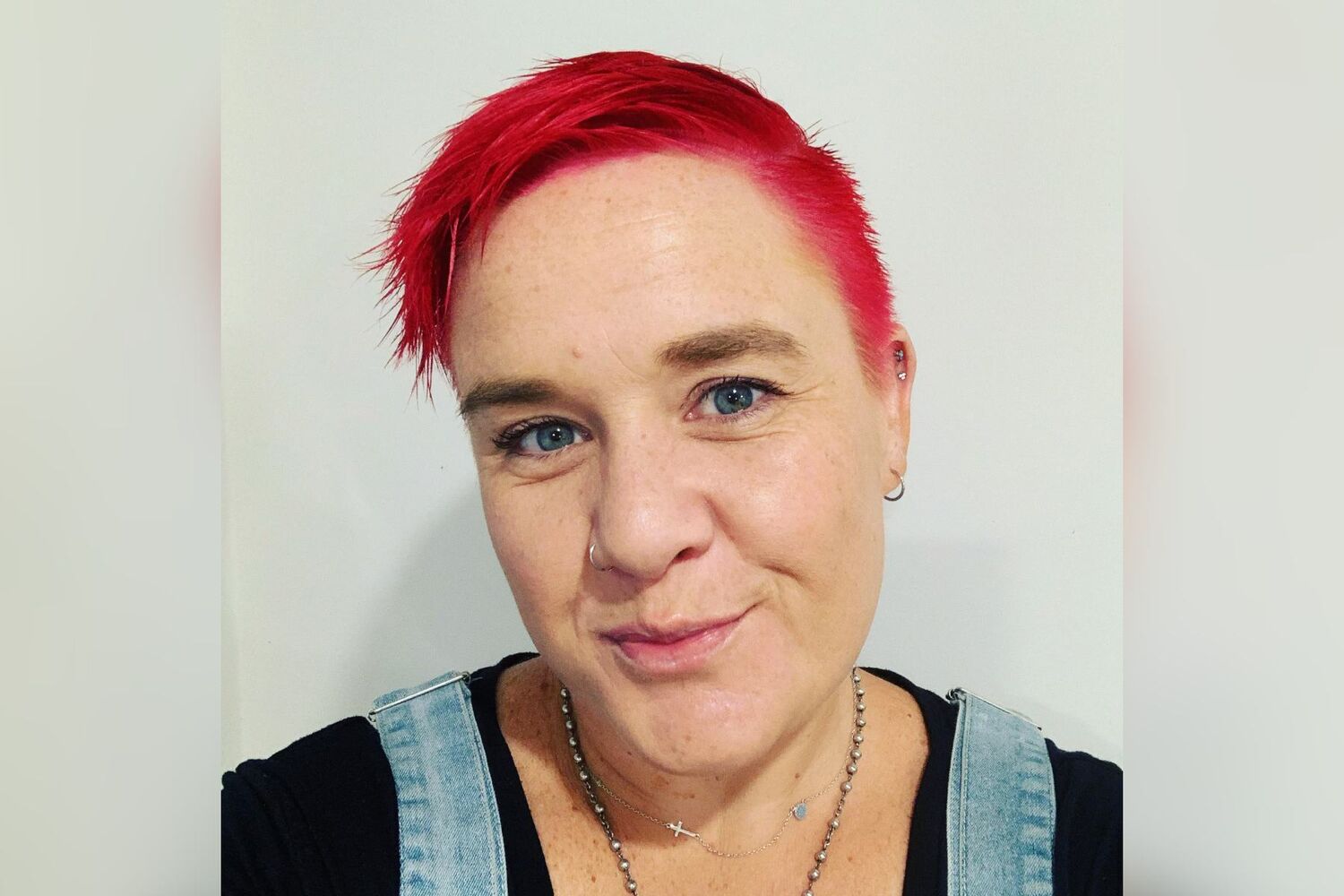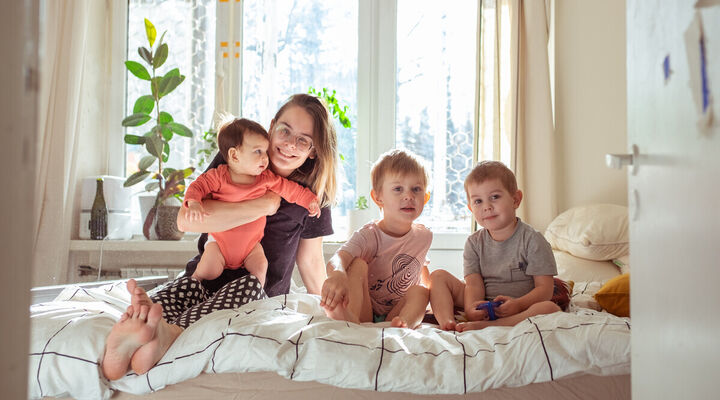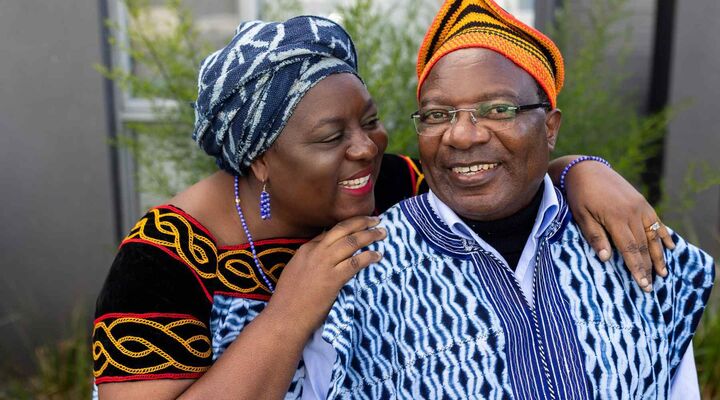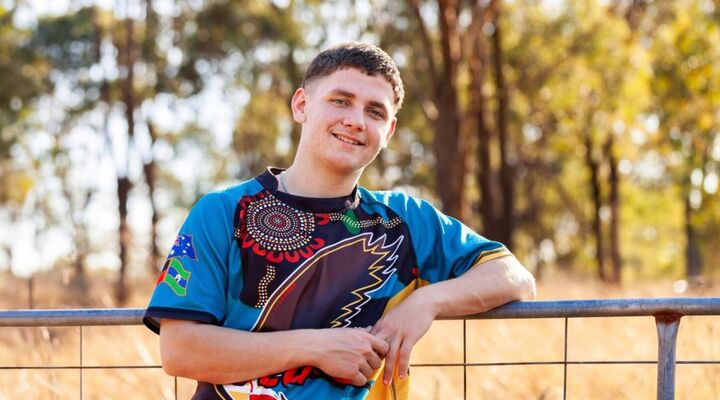Harmony Week celebrates diversity, and the importance of belonging. This Harmony week, we reflect on the role that foster carers play to support young people to belong, and connect to their culture.
Foster carer Berny had always planned for kids in her future; lots of her own little ones running around bringing joy.
Learning that they would be unable to have children, Berny and her husband decided to research other ways to share their lives and support the less fortunate, especially children.
Deciding to travel the world, Berny dedicated her time to helping people in countries such as Cambodia, Thailand, South Africa and Zambia. It was on these travels that she experienced other cultures and gained an understanding of the importance of belonging.
Her foster care journey began in 2018, when she and her husband were approved as carers. Though having many different jobs over her career, becoming a foster has left Berny feeling that she has found her true calling.
Since being a full-time foster carer, I’m not sure I was born to do anything else.
Currently, she cares for two boys, Dale* and Christopher*, that have been with her for three and a half years.
“We are blessed beyond words to care for these children,” she says with immense pride and joy.
The children in her care are from a different cultural background to Berny and her husband.
“As we aren’t the same culture as the children, we have done extensive research in understanding and being able to respect and honour their culture. We have pictures or important symbols in their bedroom and in the playroom and have English words and their translations.”
When they are older, Berny hopes to travel to the country of Dale and Christopher's culture and immerse the whole family in experiences to help better understand their roots.
Being from a different cultural background, Berny was conscious of creating a sense of belonging that everyone should feel.
“We didn’t have many challenges as we have lots of children in our extended family. There are eight nephews and five nieces and they get along fantastically. The kids have always been accepted as part of the family.”
If faced with a similar situation where there may be cultural differences, Berny says there are things you can do to help children in care feel like they belong.
Be open and ask lots of questions.
“If you can chat openly with the biological family and ask their opinion to understand the culture better then you are getting information firsthand. In our case, I found it’s good to build on the relationship and understanding that we are a tribe that is supporting these kids in all aspects of their life.”
Children and young people in care deserve to feel that they belong, no matter what their background or what has happened in their past.
This Harmony Week, we celebrate the efforts of all foster and residential carers to make children and young people who unable to live with their parents belong.






